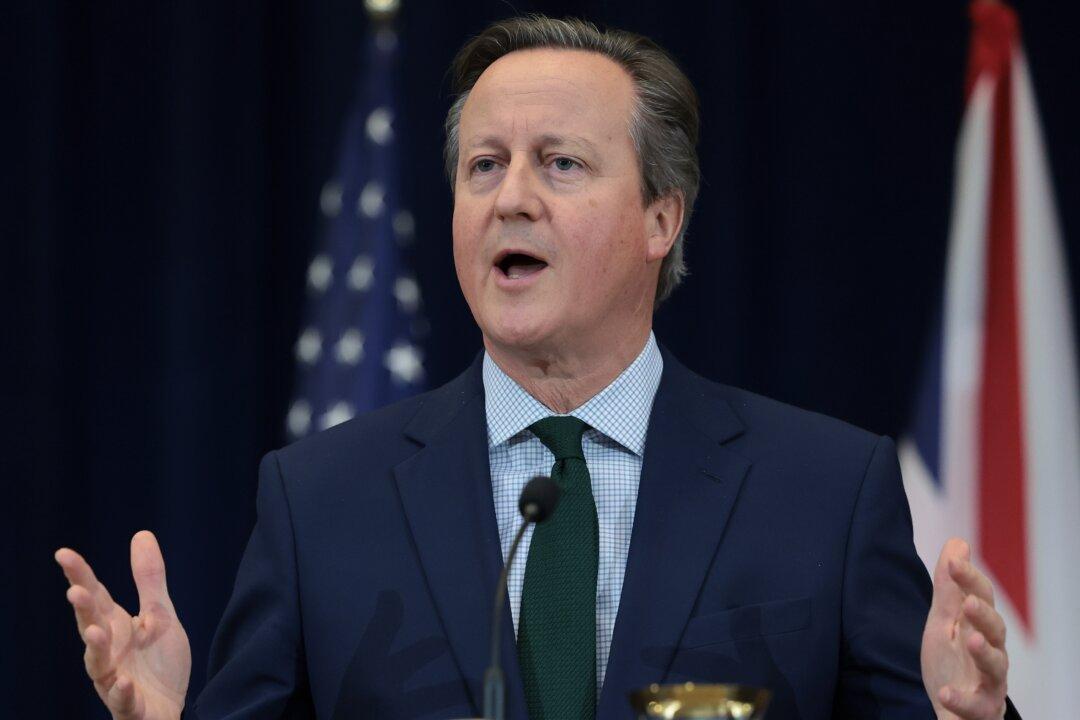The UK has repeated its call on the Chinese regime to repeal the National Security Law on Thursday after new arrest warrants were issued against exiled Hongkongers.
The Hong Kong Police announced bounties on five pro-democracy activists who are residing in countries including the UK and the United States, including Simon Cheng, Frances Hui, Joey Siu, Johnny Fok, and Tony Choi.





